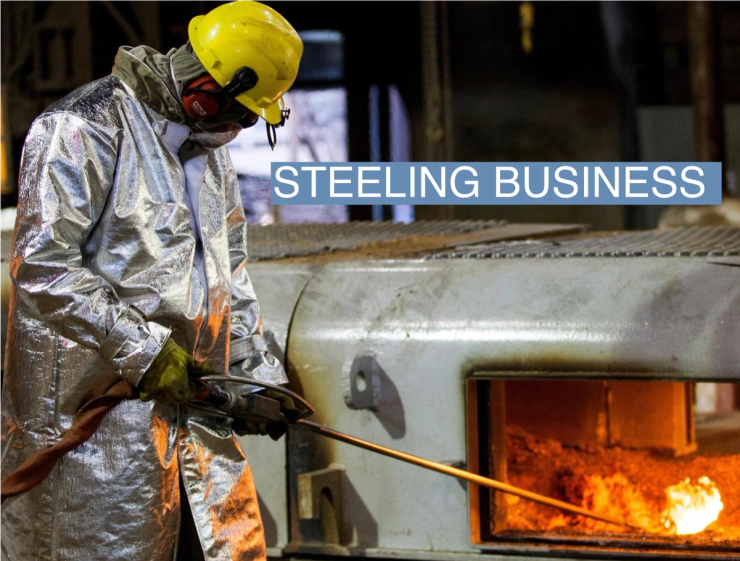The News
Mexico, Chile, and Brazil have raised tariffs — even doubling in some cases — on Chinese steel to protect domestic firms. The new duties come after domestic firms announced massive layoffs due to lack of demand.
China’s government and private companies have poured cash into latin America, with projects growing by 33% between 2018 and 2023 and the flow is unlikely to stop despite the protectionist measures. China sends billions of dollars worth of steel to the region, but for China, it’s so small a market that the new tariffs “minimize the risk of irking Beijing.”
SIGNALS
Colombia mulls environmental impact of steel tariffs
Colombia is debating whether to tax Chinese steel, too. Acerías Pazdelrío, one of the country’s largest steel producers, told El Tiempo that imports of steel to Colombia have increased by 45%. The company estimated it would have to lay off about 20,000 employees if Chinese steel stays cheap. Domestically produced steel could also be better for the environment because Colombia has worked hard to make steel mills more efficient: Colombian mills, on average, produce 0.66 tons of greenhouse gas per ton of steel, compared to 2.1 tons by Chinese firms, according to the Colombian Committee of Steel Producers.
Brazil needs bottom-up intervention to stay competitive
Despite having some of the “best” deposits of iron ore and advancing its manufacturing capabilities, Brazilian steel has little chance of competing with Chinese competitors without tariffs, Bruna Santos, director of the Wilson Center’s Brazil Institute, told Semafor. Protectionist economic policy is rising across the globe, “not just wealth countries,” she said. But tariffs are just one measure: Brazilian steel firms need to boost investment in innovation and technology that could help reduce costs. Companies should also work on product diversification to “create market niches that are less vulnerable to the current price competition,” Santos said.
Chinese EV exports to Latin America surge
As both the US and Latin America expand tariffs on Chinese steel and other goods, Chinese EV makers like BYD are rushing exports into the region before the duties take effect, Nikkei Asia reported. BYD exports increased 150% in the first quarter, with 16% of shipments bound for Brazil, according to company data. They will arrive before Brazil’s new 18% tariffs on Chinese EVs goes into effect, analysts said. Meanwhile, Chinese EV makers are rushing parts to Mexico: BYD’s proposed factory there could help the company enter the US market without duties. But future steel tariffs could also raise costs for BYD in Mexico, and the Biden administration is mulling additional tariffs for Chinese EVS made there.



